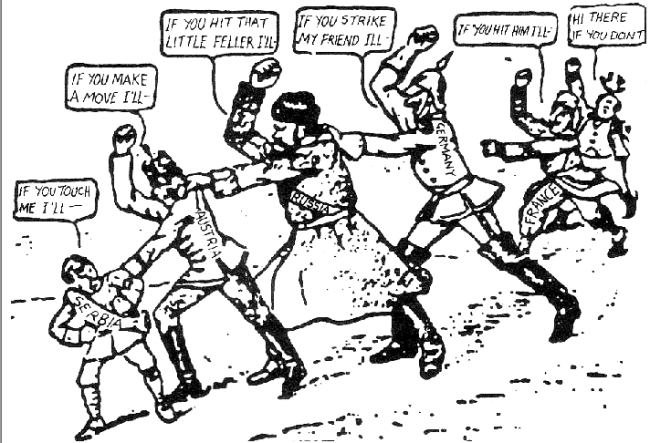At 8.15am on August 1945 a US B-29 bomber dropped an atomic bomb “Little Boy” on the seventh biggest city in Japan, Hiroshima, intantly almost 80 000 people were killed. And three days later second atomic bomb was dropped on Nagasaki, causing 40 000 innocent people died. This was officially first nuclear bomb war in the history. The bombing on Hiroshima and Nagasaki occurred by US president Harry Truman. In the months of 2 atomic bomb dropped on Japan, not only it killed people instantly, but people had to die slowly as a result of radiation poisoning.
Since 1942, many scientists of the Manhattan project had been working on developing atomic bomb. The Manhattan project was most secret wartime project in history. Although US military was cautioned by the new deadly weapon, Truman was convinced that the bomb was the only option to pay Japanese back from the pearl harbour. The result was successful numerous of people had died due to the atomic bomb and Japanese finally surrendered on August 15, six days after bombing in Nagasaki. Even though the war was won people wasn’t happy with it. Due to killing innocent civilians of Japan, lots of people questioned the government “was the atomic bomb necessary?”.
I think US should’ve had think of other way to win against Japan, instead of resulting numerous massacre took place. Conflict between one country to another is caused by their leaders, not the civilians. I think that US went too far on the atomic bomb, killing more than 100 000+ people instantly and totally destroyed the country.

